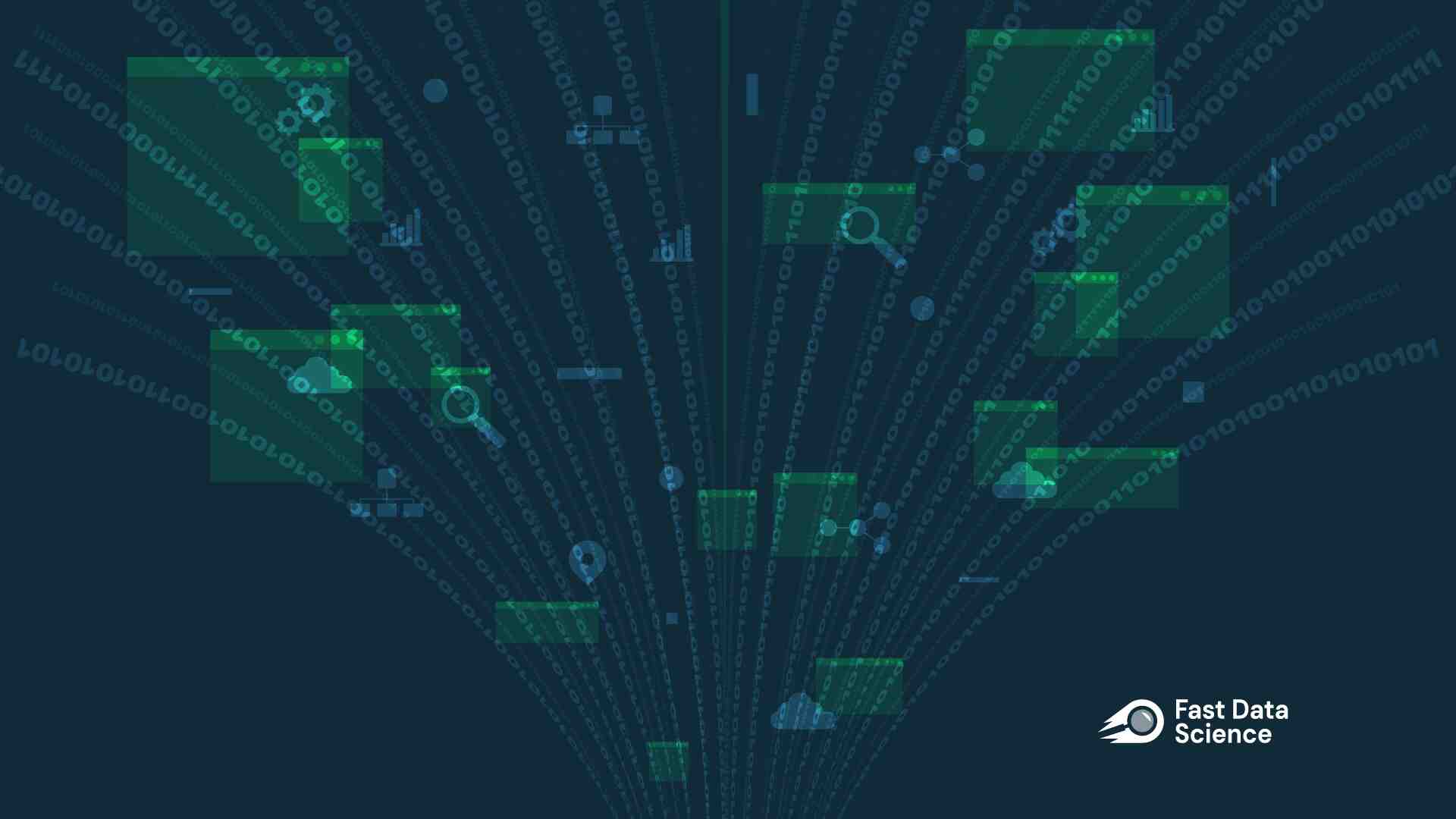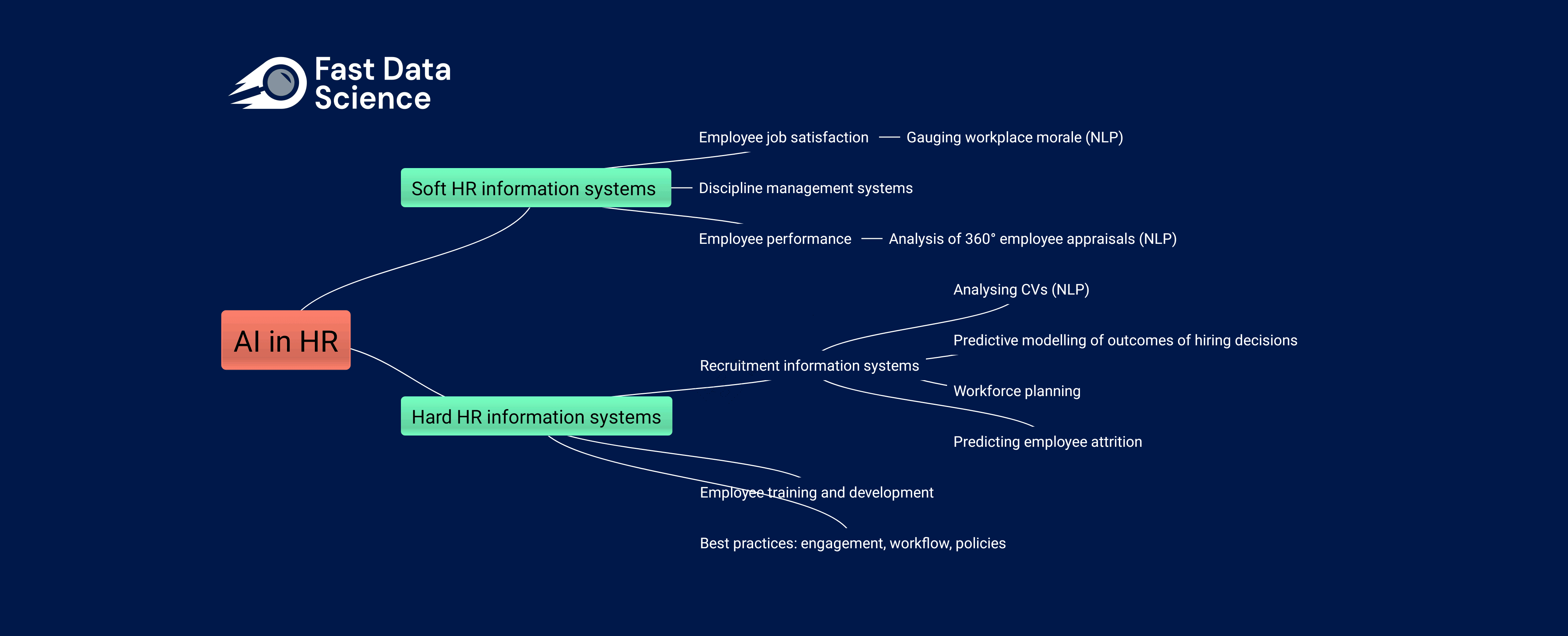
Organisations of all scales and nearly across all sectors are now becoming increasingly data-driven, especially as larger data storage systems and faster computers continue to push the performance envelope.

Because of the extensive use of technology, and the division of labour, the work of the average gig economy worker has lost all individual character, and, consequently, all charm for the employee.

The impact of AI on human resources The world of work is rapidly changing, both due to traditional data science practices being adopted by more organisations, and due to the increasing popularity of generative AI tools such as ChatGPT, and Google’s BARD among non-technical workers. AI has the potential to boost global GDP by 7%, with the loss of millions of jobs, although it will also create new jobs for the displaced workers, according to a 2023 editorial by Goldman Sachs.

When you shop online from a particular merchant for the first time, you handpick a few items you really like. The successive searches you do to buy again in future reveals a nice selection of products which you both find appealing and valuable. Do you think these items that you found interesting and relevant just happen to land in front of you by chance?

One study estimates that the human body can generate data amounting to 2 terabytes every day. This data may include activities related to the brain, heart, stress, sugar levels, and more. But to handle such copious amounts of data, advanced technologies are needed, and this is where public health and data science converge.

Can data science be used to improve mental health? Can we use data analysis to deal with mental health problems like depression and dementia, or to monitor and improve the symptoms of impaired cognitive function, for example?

Technologies like Machine learning (ML), artificial intelligence (AI) and natural language processing (NLP) have revolutionised the way businesses gather data, interpret it, and use the insights to improve processes, ROI, customer satisfaction, and other aspects of their business.

Data-driven decision making (DDDM) is all about taking action when it truly counts. It’s about taking your business data apart, identifying key drivers, trends and patterns, and then taking the recommended actions. The end goal is to get this information into the hands of people who can make informed decisions.

This week, at the World Health Summit 2023 in Berlin, Kristy Kade of the US based non-profit White Ribbon Alliance spoke to delegates at a World Health Organization event about the Women’s health and well-being: What do women want? campaign.

Informatics and data science in any sector, and not just healthcare, are two very distinct fields. While informatics focuses on coming up with systems for the collection, storage, and management of data, data science is all about using the right tools to gain valuable insights through complex analytics. So, when we attempt to understand healthcare data science vs. healthcare informatics – the former is used to analyse data in order to find real-world solutions to problems, while the latter simply provides the infrastructure for it.
What we can do for you